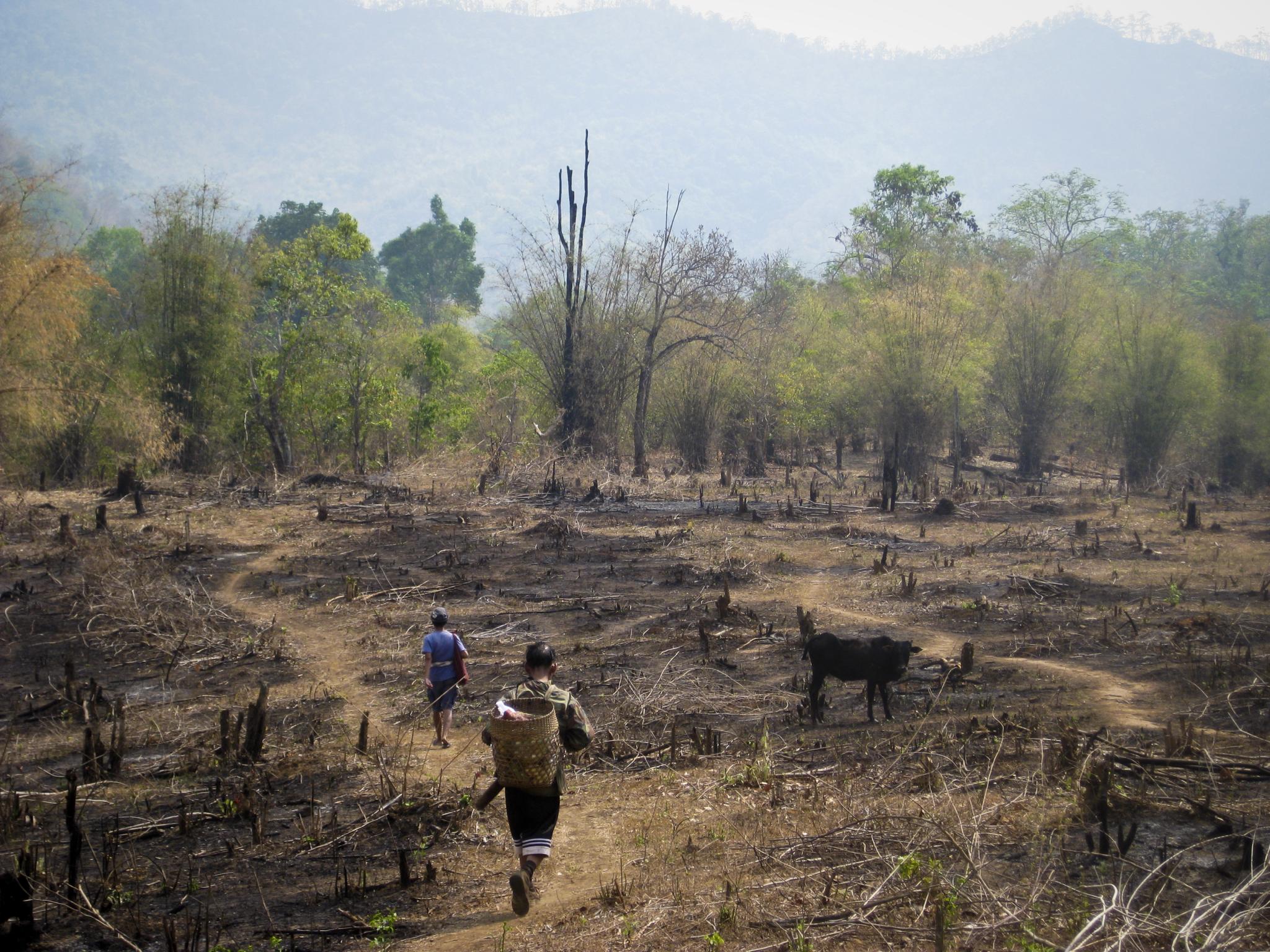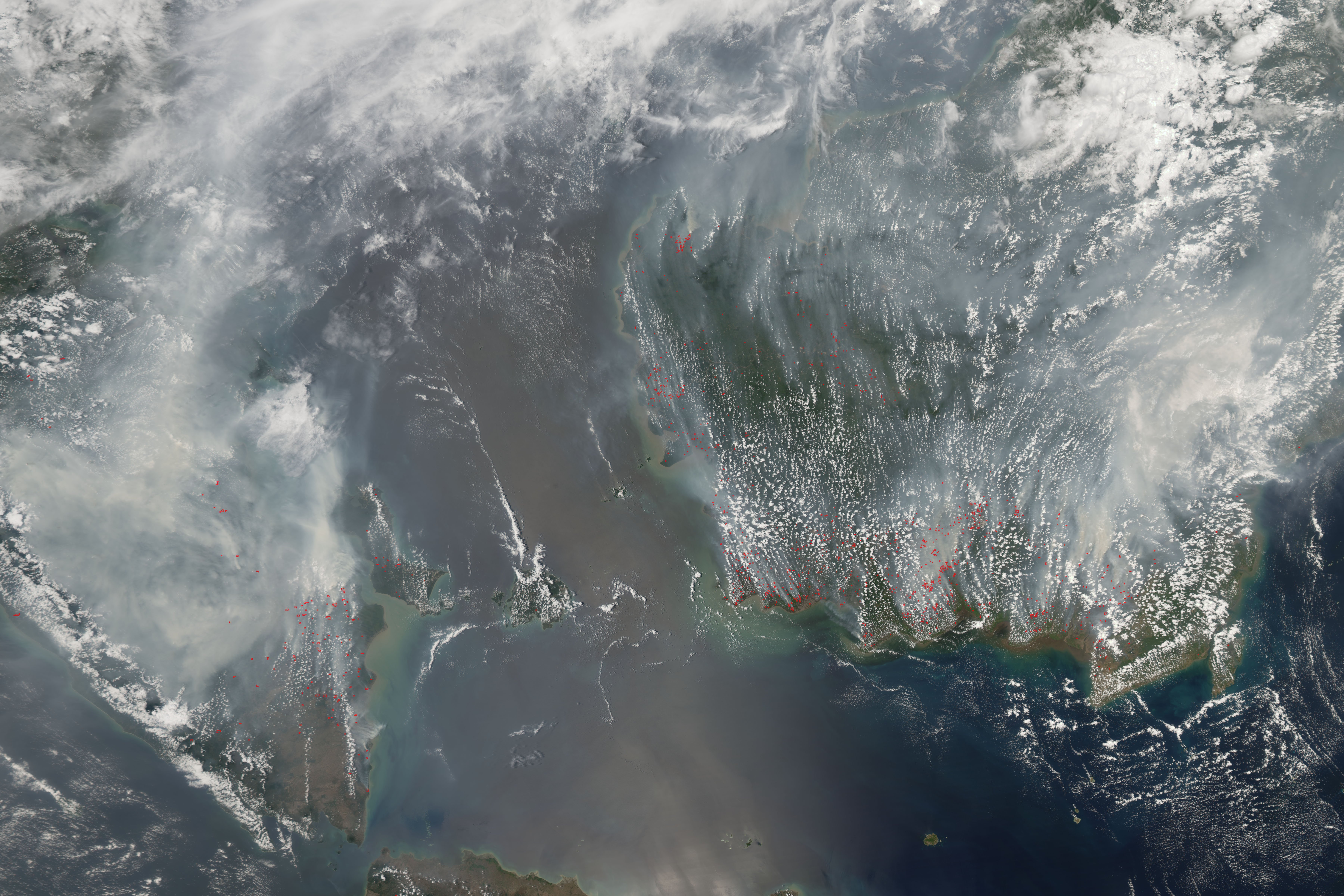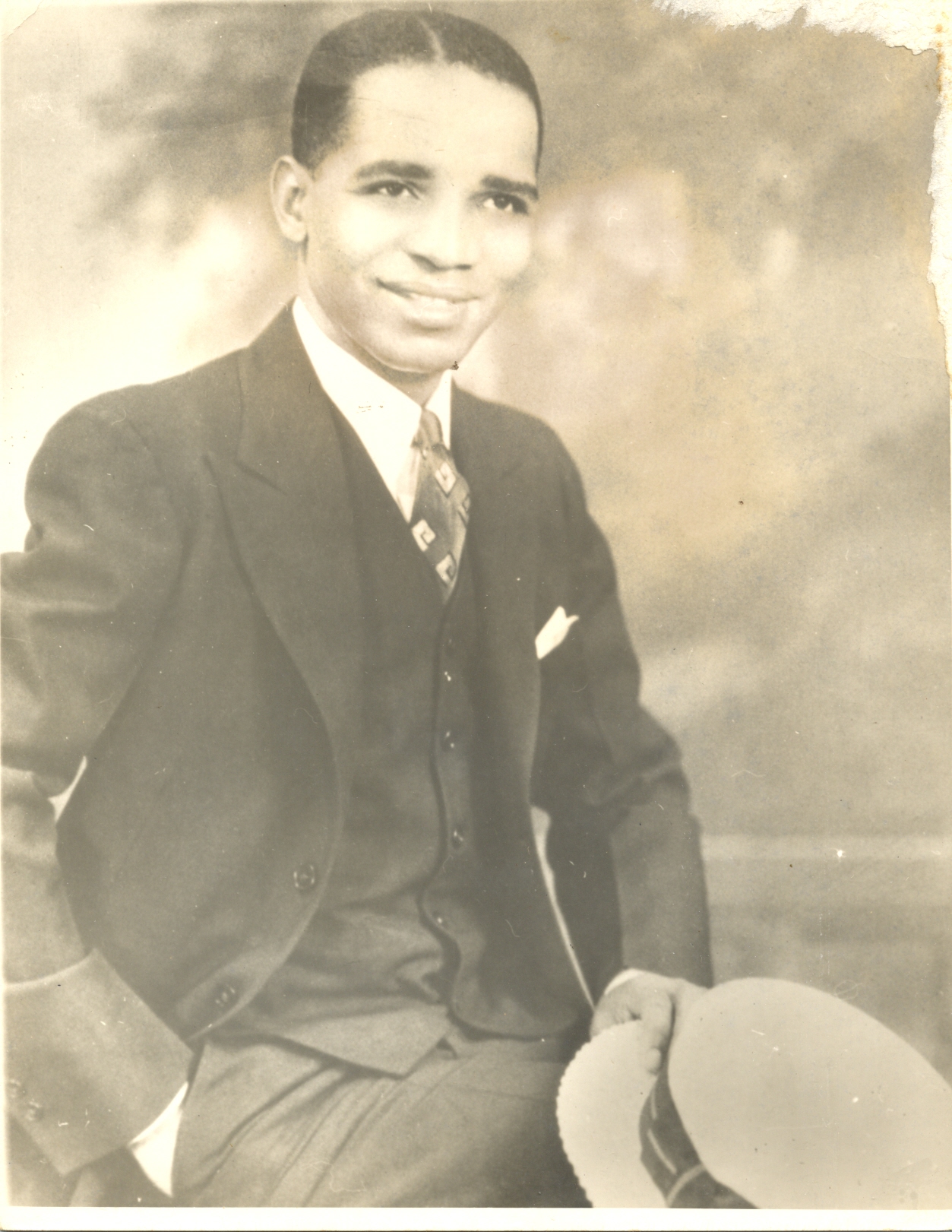|
Richard Wildman Kettlewell
Richard Wildman Kettlewell (1910–1994) was a colonial agricultural officer who spent all his colonial career in Nyasaland (pressent day Malawi) apart from three years of wartime army service. He became Director of Agriculture in 1951 and Secretary for National Resources then Minister of Lands and Surveys between 1960 and 1962. He was influential in the late colonial administration of Nyasaland, and responsible for the introduction of several controversial agricultural and land-use policies that were highly unpopular with African farmers and which he accepted had promoted nationalist sentiments in the protectorate. After leaving Nyasaland in 1962 shortly before its independence, he settled in the Cotswolds for the remainder of his life and undertook part-time consulting work on tropical land use. Early life Richard Wildman Kettlewell was born on 12 February 1910 to George Wildman Kettlewell and Mildred Frances Kettlewell (born Atkinson); he had one brother, John Robert Wildman Kett ... [...More Info...] [...Related Items...] OR: [Wikipedia] [Google] [Baidu] |
Colony
A colony is a territory subject to a form of foreign rule, which rules the territory and its indigenous peoples separated from the foreign rulers, the colonizer, and their ''metropole'' (or "mother country"). This separated rule was often organized into colonial empires, with their metropoles at their centers, making colonies neither annexation, annexed or even Territorial integration, integrated territories, nor client states. Particularly new imperialism and its colonialism advanced this separated rule and its lasting coloniality. Colonies were most often set up and colonized for exploitation and possibly settlement by colonists. The term colony originates from the ancient rome, ancient Roman , a type of Roman settlement. Derived from ''colonus'' (farmer, cultivator, planter, or settler), it carries with it the sense of 'farm' and 'landed estate'. Furthermore, the term was used to refer to the older Greek ''apoikia'' (), which were Greek colonisation, overseas settlements by ... [...More Info...] [...Related Items...] OR: [Wikipedia] [Google] [Baidu] |
Legislative Council (Nyasaland)
The Legislative Council was the legislature of Nyasaland. History The Legislative Council was established in 1907 by the Nyasaland Order in Council.The Legislative Council Parliament of Malawi It initially consisted of the , several ex-officio members, including the attorney general, the chief secretary and the financial secretary, official members (Europeans employed by the British authorities), unofficial members (Europeans not employed by the authorities) and extraordinary members who were appointed by the governor when special advice was required. The new Council met for the first time on 7 May 1908. In the first Council t ... [...More Info...] [...Related Items...] OR: [Wikipedia] [Google] [Baidu] |
Michael Hill Blackwood
Michael Hill Blackwood CBE (13 May 1917 – 1 February 2005) was a lawyer and politician who spent most of his working life in colonial Nyasaland and in Malawi in the early years of its independence. Although he represented the interests of European settlers before independence and opposed both the transfer of power to the African majority and the break-up of the Federation of Rhodesia and Nyasaland, he remained in the country as a member of its legislature after Malawi’s independence and until his retirement on 1983. Early life and military service Michael Hill Blackwood was born in Ormskirk, Lancashire, England on 13 May 1917, the son of John Anthony Blackwood (died 1974), a solicitor. He was educated at Ormskirk Grammar School and later read law at Liverpool University. He became an articled clerk in his father’s legal practice in Liverpool, and qualified as a solicitor in 1939. In 1940, Blackwood joined the Royal Artillery and saw service, first in Madagascar, and from 19 ... [...More Info...] [...Related Items...] OR: [Wikipedia] [Google] [Baidu] |
Southern Rhodesia
Southern Rhodesia was a self-governing British Crown colony in Southern Africa, established in 1923 and consisting of British South Africa Company (BSAC) territories lying south of the Zambezi River. The region was informally known as South Zambesia until annexation by Britain, at the behest of Cecil Rhodes's British South Africa Company (for whom the colony was named). The bounding territories were Bechuanaland (Botswana), Northern Rhodesia (Zambia), Portuguese Mozambique (Mozambique) and the Transvaal Republic (for two brief periods known as the British Transvaal Colony; from 1910, the Union of South Africa and, from 1961, the Republic of South Africa). Since 1980, the colony's territory is the independent nation of Zimbabwe. This southern region, known for its extensive gold reserves, was first purchased by the BSAC's Pioneer Column on the strength of a mineral concession extracted from its Matabele king, Lobengula, and various majority Mashona vassal chiefs in 18 ... [...More Info...] [...Related Items...] OR: [Wikipedia] [Google] [Baidu] |
Federation Of Rhodesia And Nyasaland
The Federation of Rhodesia and Nyasaland, also known as the Central African Federation (CAF), was a colonial federation that consisted of three southern African territories: the Self-governing colony, self-governing British colony of Southern Rhodesia and the British protectorates of Northern Rhodesia and Nyasaland. It existed between 1953 and 1963. Rhodesia and Nyasaland bordered Portuguese Angola, Angola (Portuguese province), Bechuanaland Protectorate, Bechuanaland (British protectorate), Republic of the Congo (Léopoldville), Congo-Léopoldville (Belgian Congo, Belgian colony before 1960), Portuguese Mozambique, Mozambique (Portuguese province), South Africa, South West Africa (South African mandate) and Tanganyika (1961–1964), Tanganyika (Tanganyika Territory, British mandate before 1961). The Federation was established on 1 August 1953, with a Governor-General of the Federation of Rhodesia and Nyasaland, Governor-General as the Queen's representative at the centre. T ... [...More Info...] [...Related Items...] OR: [Wikipedia] [Google] [Baidu] |
Northern Rhodesia
Northern Rhodesia was a British protectorate in Southern Africa, now the independent country of Zambia. It was formed in 1911 by Amalgamation (politics), amalgamating the two earlier protectorates of Barotziland-North-Western Rhodesia and North-Eastern Rhodesia.''Commonwealth and Colonial Law'' by Kenneth Roberts-Wray, London, Stevens, 1966. p. 753 It was initially administered, as were the two earlier protectorates, by the British South Africa Company (BSAC), a chartered company, on behalf of the British Government. From 1924, it was administered by the British Government as a protectorate, under similar conditions to other British-administered protectorates, and the special provisions required when it was administered by BSAC were terminated.Northern Rhodesia Order in Council 1924 (SR&O 1924/324), S.R.O. & S.I. Rev VIII, 154 Although under the BSAC charter it had features of a charter colony, the BSAC's treaties with local rulers, and British legislation, gave it the status of ... [...More Info...] [...Related Items...] OR: [Wikipedia] [Google] [Baidu] |
Finger Millet
Finger millet (''Eleusine coracana'') is an Annual plant, annual herbaceous plant widely grown as a cereal crop in the arid and Semi-arid climate, semiarid areas in Africa and Asia. It is a tetraploid and Self-pollination, self-pollinating species probably evolved from its wild relative ''Eleusine africana''. Finger millet is native to the Ethiopian Highlands, Ethiopian and Ugandan highlands. Interesting crop characteristics of finger millet are the ability to withstand cultivation at altitudes over above sea level, its high drought tolerance, and the long storage time of the grains. History Finger millet originated in East Africa (Ethiopian and Ugandan highlands). It was claimed to have been found in an Indian archaeological site dated to 1800 BCE (Late Bronze Age); however, this was subsequently demonstrated to be incorrectly identified cleaned grains of hulled millets. The oldest record of finger millet comes from an archaeological site in Africa dating to the 3rd millenni ... [...More Info...] [...Related Items...] OR: [Wikipedia] [Google] [Baidu] |
Slash-and-burn
Slash-and-burn agriculture is a form of shifting cultivation that involves the cutting and burning of plants in a forest or woodland to create a Field (agriculture), field called a swidden. The method begins by cutting down the trees and woody plants in an area. The downed vegetation, or "slash", is then left to dry, usually right before the rainiest part of the year. Then, the Biomass (ecology), biomass is burned, resulting in a nutrient-rich layer of ash which makes the Soil fertility, soil fertile, as well as temporarily eliminating weed and pest species. After about three to five years, the plot's productivity decreases due to depletion of nutrients along with weed and pest invasion, causing the farmers to abandon the field and move to a new area. The time it takes for a swidden to recover depends on the location and can be as little as five years to more than twenty years, after which the plot can be slashed and burned again, repeating the cycle. In Bangladesh and India, the ... [...More Info...] [...Related Items...] OR: [Wikipedia] [Google] [Baidu] |
Shifting Cultivation
Shifting cultivation is an agricultural system in which plots of land are cultivated temporarily, then abandoned while post-disturbance fallow vegetation is allowed to freely grow while the cultivator moves on to another plot. The period of cultivation is usually terminated when the soil shows signs of exhaustion or, more commonly, when the field is overrun by weeds. The period of time during which the field is cultivated is usually shorter than the period over which the land is allowed to regenerate by lying fallow. This technique is often used in LEDCs (Less Economically Developed Countries) or LICs (Low Income Countries). In some areas, cultivators use a practice of slash-and-burn as one element of their farming cycle. Others employ land clearing without any burning, and some cultivators are purely human migration, migratory and do not use any cyclical method on a given plot. Sometimes no slashing at all is needed where regrowth is purely of grasses, an outcome not uncommon ... [...More Info...] [...Related Items...] OR: [Wikipedia] [Google] [Baidu] |
Prime Minister
A prime minister or chief of cabinet is the head of the cabinet and the leader of the ministers in the executive branch of government, often in a parliamentary or semi-presidential system. A prime minister is not the head of state, but rather the head of government, serving as the chief of the executive under either a monarch or a president in a republican form of government. In parliamentary systems of government (be they constitutional monarchies or parliamentary republics), the Prime Minister (or occasionally a similar post with a different title, such as the Chancellor of Germany) is the most powerful politician and the functional leader of the state, by virtue of commanding the confidence of the legislature. The head of state is typically a ceremonial officer, though they may exercise reserve powers to check the Prime Minister in unusual situations. Under some presidential systems, such as South Korea and Peru, the prime minister is the leader or the most s ... [...More Info...] [...Related Items...] OR: [Wikipedia] [Google] [Baidu] |
Hastings Banda
Hastings Kamuzu Banda ( – 25 November 1997) was a Malawian politician and statesman who served as the leader of Malawi from 1964 to 1994. He served as Prime Minister of Malawi, Prime Minister from independence in 1964 to 1966, when Malawi was a Dominion/Commonwealth realm. In 1966, the country became a republic and he became the first President of Malawi, president as a result, ruling until his defeat in 1994. After receiving much of his education in ethnography, linguistics, history, and medicine overseas, Banda returned to Nyasaland to speak against colonialism and advocate independence from the United Kingdom. He was formally appointed Prime Minister of Nyasaland, and led the country to independence in 1964. Two years later, he proclaimed Malawi a republic with himself as the first president. He consolidated power and later declared Malawi a one-party state under the Malawi Congress Party (MCP). In 1970, the MCP made him the party's President for Life. In 1971, he became p ... [...More Info...] [...Related Items...] OR: [Wikipedia] [Google] [Baidu] |
Malawi Congress Party
The Malawi Congress Party (MCP) is a political party in Malawi. It was formed as a successor party to the banned Nyasaland African Congress when the country, then known as Nyasaland, was under British rule. The MCP, under Hastings Banda, presided over Malawian independence in 1964, and from 1966 to 1993 was the only legal party in the country. It has continued to be a major force in the country since losing power. Following a court order to have a rerun of the 2019 Presidential election, a fresh Presidential election was held on 23 June 2020 which resulted in the MCP and its Tonse Alliance partners receiving approximately 60% of the national vote ushering the party back into government. History The Malawi Congress Party was the successor to the Nyasaland African Congress (NAC) party, which was banned in 1959. The MCP was founded in 1959 by Orton Chirwa, Nyasaland's first African barrister, soon after his release from Gwelo Prison, and other NAC leaders including Aleke B ... [...More Info...] [...Related Items...] OR: [Wikipedia] [Google] [Baidu] |





